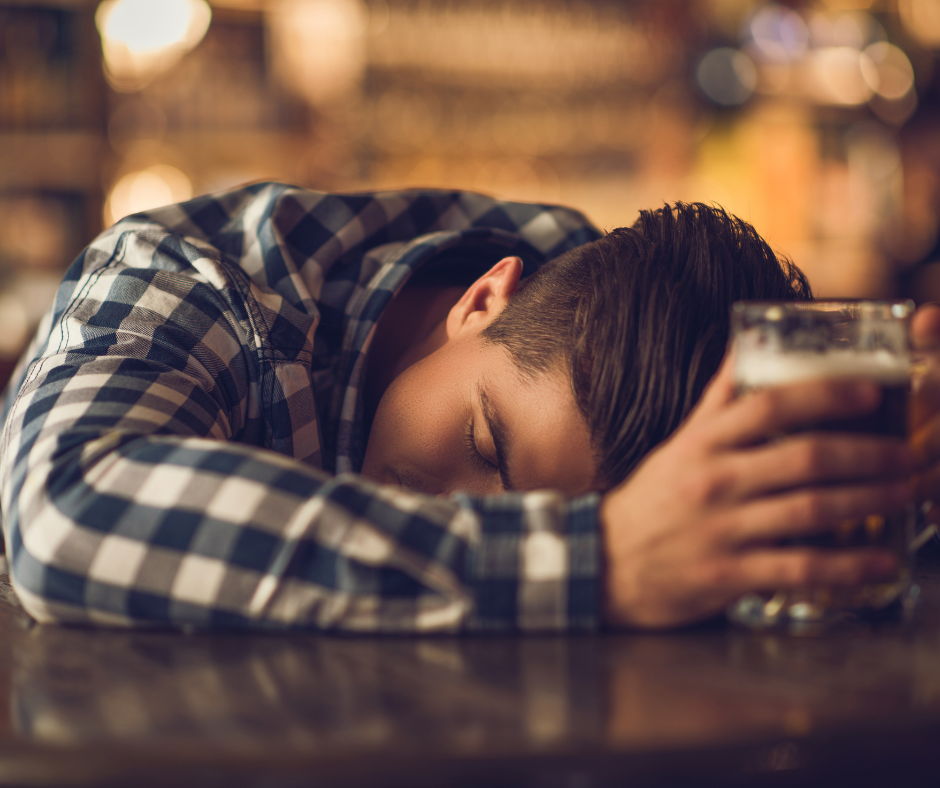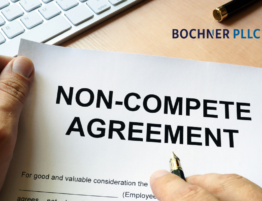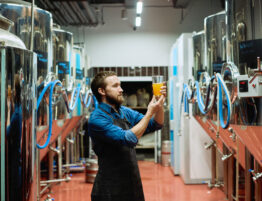
If you are in the business of serving alcohol, you need to be aware of the potential liability against your company for over-serving customers. These laws are also known as the Dram Shop laws. Under normal circumstances, there is no liability for a brewery who serves alcohol to a customer who later as a result of being intoxicated.
However, there are two big exceptions:
1) willfully selling to minors and
2) knowingly serving a “person habitually addicted” to alcohol.
The first exception makes sense—you cannot sell alcohol to minors. However, the second exception is far less clear. What does “habitually addicted” to alcohol mean? Does your brewery have to know the intimate details of your customers’ personal lives?
Unfortunately, the law is not clear on what a “habitually addicted” person looks like, but we can look to a couple court cases for guidance. In Hayes Robertson Group, Inc. v. Cherry (2018), the court defined the word “addiction” to mean “frequent indulgence” and is often used interchangeably “habitual drunkard.” Yet still, the Court notes how subjective this standard is: “[o]ne consumer’s ‘frequent indulgence’ may be two beers after work on Friday nights; another’s may be so-called binge drinking several times a year; and another’s daily consumption to the point of losing consciousness.”
The closest a court has come to closely defining is from the Florida Supreme Court:
Serving an individual multiple drinks on one occasion would be insufficient, in and of itself, to establish that the vendor knowingly served a habitual drunkard alcoholic beverages. On the other hand, serving an individual a substantial number of drinks on multiple occasions would be circumstantial evidence to be considered by the jury in determining whether the vendor knew that the person was a habitual drunkard.
Ellis v. N.G.N. of Tampa, Inc., 586 So. 2d 1042 (Fla. 1991).
There is no clear rule on what constitutes a person “habitually addicted” to alcohol. Yet, it is important for any brewery or bartenders to be aware of who the regular customers, as well as any issues that your regulars may cause. If you have a customer that is clearly intoxicated, encourage them to drink water, eat food, and offer to provide a ride home to ensure they arrive safely and do not harm others. If you have any questions about the dram shop law, please do not hesitate to reach out Stanton IP Law for any of your legal needs.







